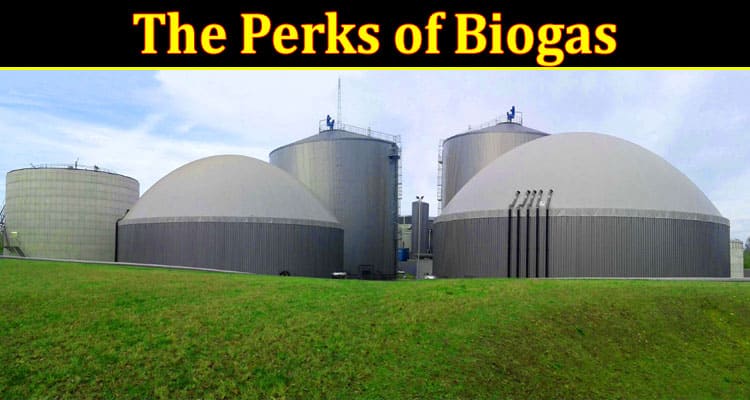Biogas, a renewable energy source derived from organic waste materials, is fast becoming one of the leading industries when it comes to environmentally friendly fuel. Not only is there a constant supply of material for use in biogas production, but it also produces no carbon dioxide during production. New technologies have emerged that help improve the production and storage of biogas, such as membrane systems and biogas digesters. Here we will talk about these innovations and why they are important in the development of the biogas industry.
The Importance of Biogas Digesters and Membrane Systems
Membrane systems have long been used in the natural gas industry for storage and separation purposes. As such, it is only natural that they have been adapted to aid in the processing and storage of biogasses. Made from tough but flexible polymer fibre, these membranes are used to create layers that make up the composition of biogas digester domes. These domes store unrefined biogasses under high air pressure and feature three layers of membrane for processing biogasses. The unrefined biogas is stored between the bottom and middle layers, while the external membrane is inflated to increase air pressure inside.
Unrefined biogas is often made up of 60% methane, 35% carbon dioxide, and 5% other gases such as ammonia and sulfides. Refining this biogas involves separating the methane gas from the carbon dioxide and other unwanted elements through a process called anaerobic digestion. Within the internal membranes of the biogas digester, the fibres are designed to trap these unwanted chemicals and gases while allowing the refined biogas to filter through. This gas can then be used to heat homes, provide electrical power, and more. As such, membrane systems are a vital addition to the production of biogas as it is effective in the safe and secure storage of refined biogas.
The Benefits of Biogas Membrane Systems
- Membranes are specifically designed to allow refined biogases such as methane to filter through while blocking impurities such as carbon dioxide, enhancing the separation process.
- Over the years membrane storage technology has proven to be a more cost-effective form of storage and separation compared to other methods.
- Polymer is a tough but flexible material that is low cost and holds up to extreme air pressure. It also allows for the forming of hollow fibre elements that allow certain gases to pass through while trapping others.
- Membranes have a high retention rate when it comes to refined biogases, often reaching purity levels of 99%.

